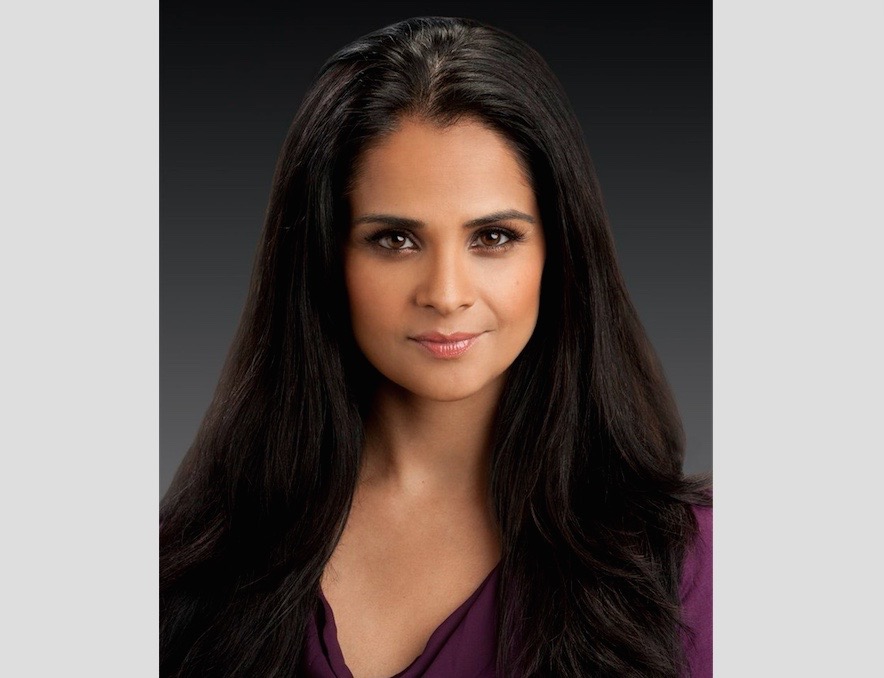Netflix TV Reorg Brings New Anxieties, Accountability Even for Biggest Deals
The streaming service’s newly installed global head of TV, Bela Bajaria, isn’t just reshaping the leadership and structure of a key division

The smarter way to stay on top of the streaming and OTT industry. Sign up below.
You are now subscribed
Your newsletter sign-up was successful
Netflix’s newly installed global head of TV, Bela Bajaria, is not just reshaping the leadership and structure of a key division, her new approach promises far more accountability about the kinds of shows being made by the streaming giant’s most prominent producers.
“Her push for more financial discipline and an explicit focus on delivering at least one ‘loud’ series (and not simply a cadre of smaller passion projects) is justified given the paychecks being doled out to Netflix’s creators,” according to a lengthy Hollywood Reporter look at Bajaria’s changes since taking over in September from long-time TV chief Cynthia Holland.
THR quotes an unnamed Netflix exec “who’d watched as budgets ballooned in the past,” regardless of its commercial viability: “The idea of doing more prestige shows that nobody knows are on isn’t interesting.”
Also read: Netflix Loses Another Top-Level Exec: Anna Lee Heads to Deluxe
In previous years, under recently minted co-CEO Ted Sarandos and Holland, Netflix signed a series of splashy eight- and nine-figure overall deals with some of Hollywood’s most prominent (and diverse) producers, including Shonda Rhimes, Ryan Murphy, and Kenya Barris.
Rhimes told THR that she wasn’t much concerned by the changes: “As long as I get to keep making television without anybody bothering me, I’m happy.”
But it may be no coincidence that Deadline reported last week that the Emmy-nominated Barris (ABC;s Black-ish, the feature Girls Trip) is in talks to exit his Netflix megadeal for the chance to get an equity stake with ViacomCBS in a new studio.
The smarter way to stay on top of the streaming and OTT industry. Sign up below.
Also read: Channing Dungey Departs Netflix
ViacomCBS, preparing to launch its beefed up and renamed Paramount Plus SVOD service early next year, already has a similar equity partnership with Tyler Perry in the BET Plus streaming platform.
Now, all those big-dollar deals will be under the purview of a single executive, Brian Wright. He previously oversaw the Netflix deals with Murphy and with the Duffer Brothers, as well as a wide swath of content.
Managing those deals won’t be easy for Wright. The Hollywood Reporter pointed out that many of the big names who signed on did so not just for big checks, but also with the promise of complete creative freedom, a pledge often made by Sarandos himself while wooing them.
At least the new structure should make it easier for agents pitching projects to figure out where to go, reducing the venue-shopping that previously made Netflix a bit of a programming labyrinth.
Certainly, changes may be overdue. Netflix’s many new competitors appear to be getting their footing, figuring out how to create or acquire programming amid the pandemic’s strictures, and grabbing more sustained focus and resources from their corporate parents.
Apple appears to be shaping up its year-old Apple TV Plus service after a slow start, and Disney Plus has the second season of The Mandalorian fueling another round of sign-ups and expansion. Both Peacock and HBO Max are grabbing small but steady market shares, and Discovery and ViacomCBS have new streamers on the way.
More generally, Bajaria’s restructuring echoes what seemingly every one of Netflix’s Hollywood competitors has done in recent months: streamline operations to reduce siloed units and simplify reporting and dealmaking.
Those kinds of reorgs at WarnerMedia, NBCUniversal, ViacomCBS and elsewhere have been more wide-ranging (only about 10 people departed in Bajaria’s restructuring, out of several hundred). Those Hollywood reorganizations also been more wrenching, given their assaults on long-time corporate walls between film, TV and home entertainment divisions in distribution, marketing, program development and more. Netflix has none of those legacy units to grapple with.
But Bajaria’s changes still have left a mark on Netflix morale, THR said. This is somewhat remarkable, given that the company’s leadership prides itself on a corporate culture effectively built on deep job insecurity.
Also read: Netflix’s Hastings on the Art of the (Employee) Deal
Indeed, at the last earnings call, co-CEO Reed Hastings underscored the message of his new book when asked about Holland’s departure. He said, simply, “No one gets to keep their job for free.” But Bajaria’s moves have only emphasized the lack of employment contracts and job security at a time of economic uncertainty and rapid change throughout the industry and beyond.
As THR said in anonymously quoting a prominent talent agent; “Last month, this was the dream job; this month, they’re all calling to see what’s out there.”
David Bloom of Words & Deeds Media is a Santa Monica, Calif.-based writer, podcaster, and consultant focused on the transformative collision of technology, media and entertainment. Bloom is a senior contributor to numerous publications, and producer/host of the Bloom in Tech podcast. He has taught digital media at USC School of Cinematic Arts, and guest lectures regularly at numerous other universities. Bloom formerly worked for Variety, Deadline, Red Herring, and the Los Angeles Daily News, among other publications; was VP of corporate communications at MGM; and was associate dean and chief communications officer at the USC Marshall School of Business. Bloom graduated with honors from the University of Missouri School of Journalism.

